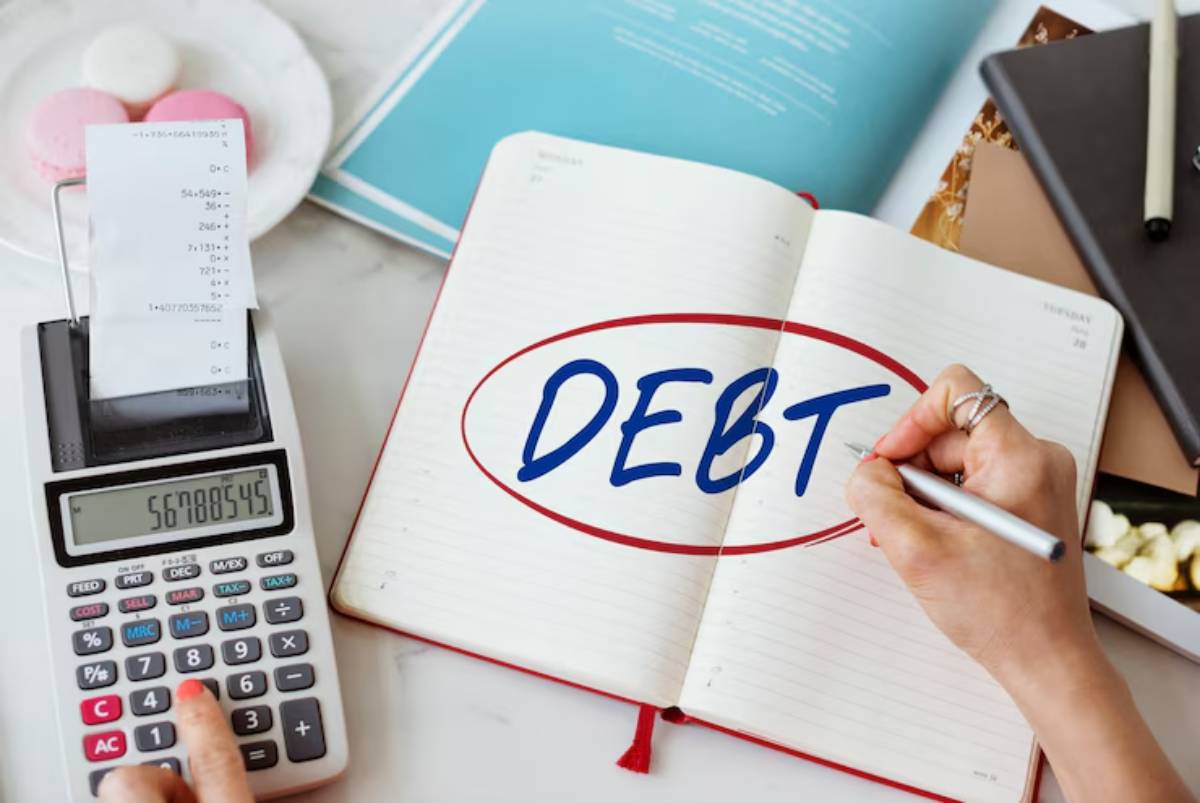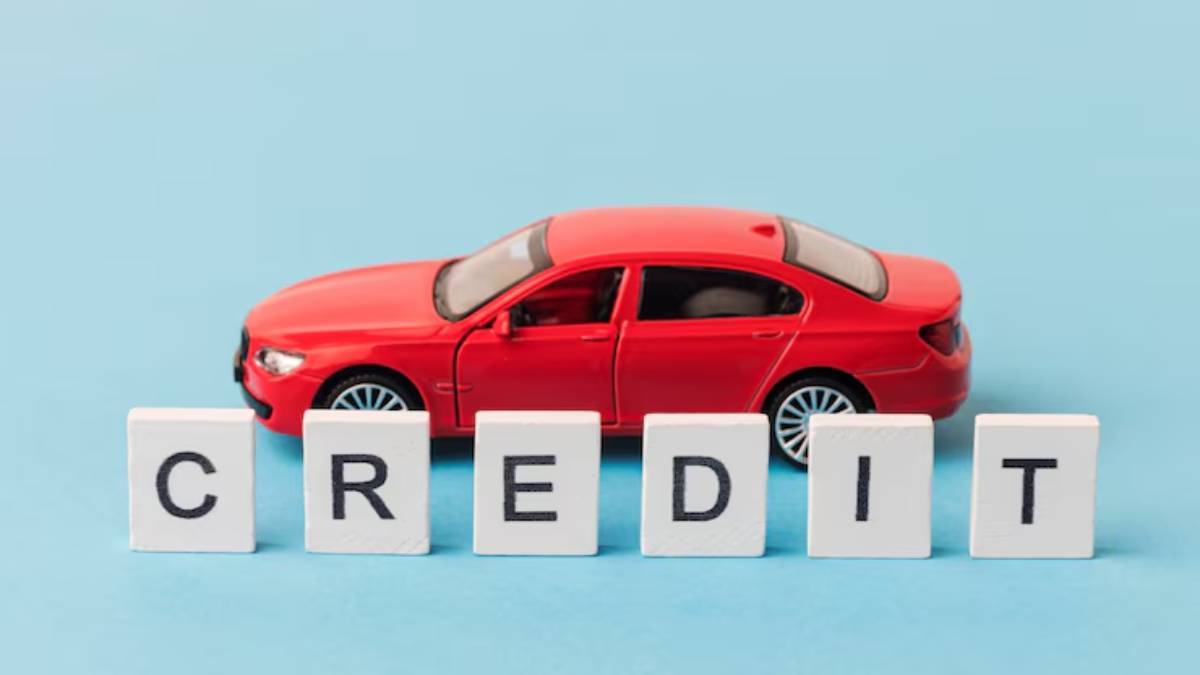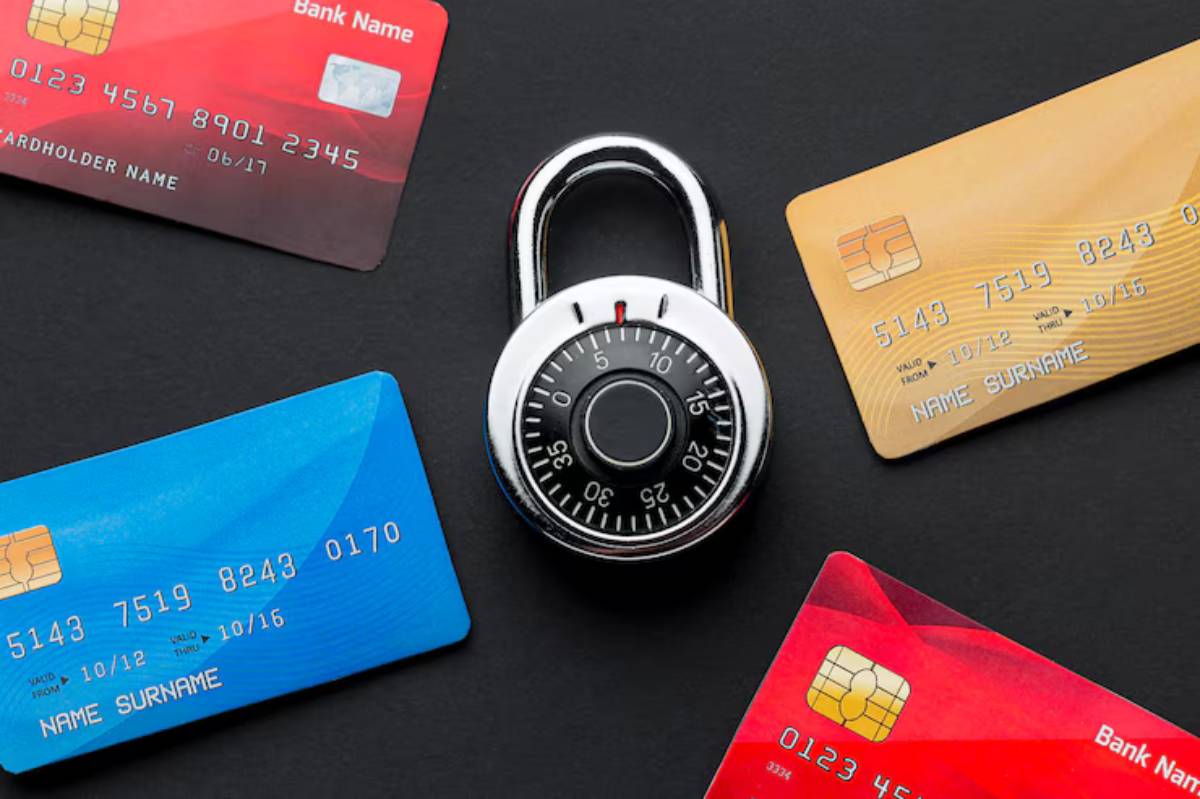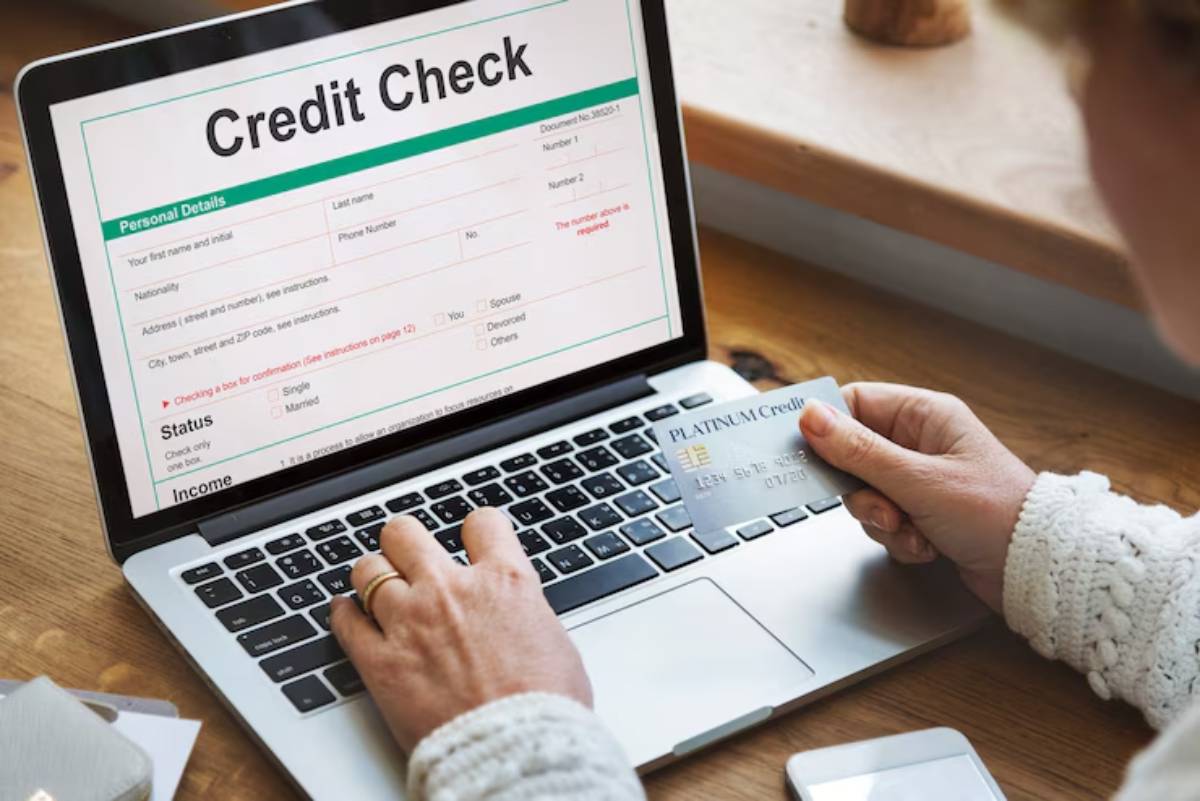
Avoiding Common Credit Card Pitfalls
Credit cards are convenient, flexible, and useful. They can help you build credit, earn rewards, and manage everyday spending. But they can also lead to problems if you’re not careful.
Many people fall into the same credit card mistakes — often without realising it. From overspending to missing payments, small slip-ups can lead to big costs.
In this guide, you’ll learn how to spot and avoid the most common financial traps. With clear, simple credit advice, you’ll feel confident using your card and keeping your finances on track.
Why Avoiding Pitfalls Matters
Using a credit card the wrong way can lead to:
- Debt that grows quickly
- Interest charges that add up
- A lower credit score
- Missed opportunities in the future
But the good news is that every pitfall can be avoided with knowledge and smart habits.
1. Spending More Than You Can Afford

It’s easy to swipe your card and forget about the bill until later. But if you spend beyond your means, you can end up with a balance you can’t pay off.
Why it’s a trap:
- Interest charges make your purchases more expensive
- It’s harder to keep up with payments
- Your credit score can drop
Credit advice: Only charge what you can pay off in full each month. Treat your card like a debit card — not free money.
2. Paying Only the Minimum
Paying the minimum payment keeps your account in good standing, but it also keeps you in debt.
Why it’s a trap:
- Interest adds up quickly
- It takes longer to pay off your balance
- You pay much more over time
Credit advice: Aim to pay your full balance each month. If that’s not possible, pay as much over the minimum as you can.
3. Missing a Payment
Forgetting to pay your bill is one of the most serious credit card mistakes.
Why it’s a trap:
- You may be charged a late fee
- Your credit score can drop
- Your interest rate could go up
Credit advice: Set reminders or use autopay for at least the minimum. One late payment can stay on your credit report for up to six years.
4. Ignoring Your Statement
It’s tempting to toss the bill aside, especially if you think you know what you spent. But reviewing your monthly statement is essential.
Why it’s a trap:
- You might miss fraudulent charges
- You won’t notice interest or new fees
- You may lose track of your spending
Credit advice: Read your statement each month — even if you’re on autopay. Check for accuracy and stay informed.
5. Using the Full Credit Limit
Your credit utilisation — the percentage of your credit limit you use — affects your score. High usage makes lenders think you’re over-reliant on credit.
Why it’s a trap:
- It lowers your credit score
- It makes debt harder to manage
- It reduces your financial flexibility
Credit advice: Try to keep your balance below 30% of your limit, or even lower if possible.
Learn more about managing your utilisation here.
6. Taking Cash Advances

Most credit cards let you withdraw cash, but it’s one of the most expensive features.
Why it’s a trap:
- High interest rates (often over 20%)
- No grace period — interest starts immediately
- Extra fees on top of interest
Credit advice: Avoid using your card for cash unless it’s an emergency, and pay it back quickly if you do.
7. Opening Too Many Cards at Once
It’s tempting to accept every offer, especially when rewards or discounts are involved. But too many applications can hurt your credit.
Why it’s a trap:
- Each application creates a “hard inquiry” on your credit report
- Multiple inquiries can lower your score
- Managing several cards increases the risk of missed payments
Credit advice: Start with one or two cards. Focus on managing them well before adding more.
8. Falling for “Buy Now, Pay Later” Offers
Some credit cards offer deferred interest or promotional plans. These can sound helpful — but they often come with a catch.
Why it’s a trap:
- Interest may build during the promo period
- One missed payment can cancel the offer
- You could end up owing more than expected
Credit advice: Always read the terms. If you use a 0% offer, set a plan to pay it off before it expires.
9. Not Understanding the Terms and Fees
Many people sign up for cards without reading the fine print. But this can lead to surprise fees and unexpected charges.
Why it’s a trap:
- Annual fees may apply
- Foreign transaction or balance transfer fees can add up
- Penalty APRs can raise your interest rate
Credit advice: Read your credit card agreement carefully. Know your card’s APR, fees, and limits before you use it.
10. Using Credit Cards for Everyday Expenses Without a Plan
Credit cards are convenient, but everyday use without a plan can lead to unnoticed debt.
Why it’s a trap:
- Small purchases add up
- You may lose track of your budget
- You could carry a balance without meaning to
Credit advice: Use your card with purpose. Set a monthly budget and track your spending to avoid surprises.
What to Do If You Make a Mistake
It happens — even to the most careful people. If you’ve fallen into one of these financial traps, here’s how to recover:
Missed a Payment?
- Pay it as soon as possible
- Contact your card issuer and ask if they can waive the late fee
- Set up a reminder or autopay to avoid future issues
Carrying a Balance?
- Stop new spending on the card
- Pay more than the minimum
- Consider a balance transfer if the interest is high
Used Too Much of Your Limit?
- Make an extra payment to lower your balance
- Ask for a credit limit increase once your score improves
Smart Habits, Strong Credit
Avoiding credit card mistakes doesn’t mean being perfect. It means paying attention, staying informed, and building habits that help you succeed.
With the right credit advice, you can use your card with confidence — and skip the common financial traps that trip up so many beginners.
Check out our guide on timely payments and credit health.


